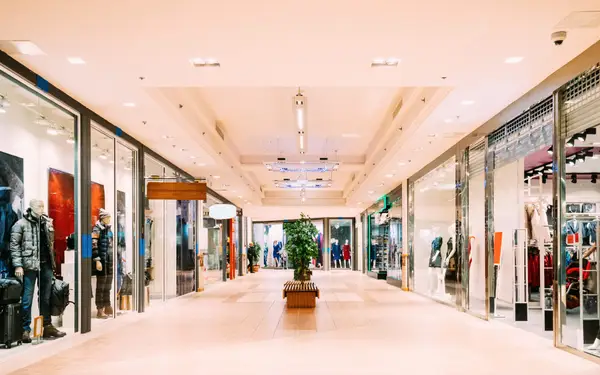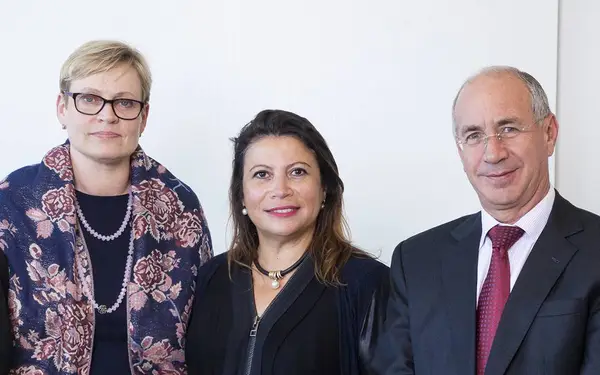Spirits for a VUCA world
The biggest challenge is being able to identify the opportunities after coming to terms with the fact that we now live in a VUCA world, characterised by Volatility, Uncertainty, Complexity and Ambiguity, said Edward Bakhurinsky, Managing Director for Eastern Europe, Russia and the CIS at UK-based spirits company William Grant & Sons.
The legendary whisky brands in the company's portfolio have been resilient in the off-trade channel in the year since the first lockdown was ordered, Bakhurinsky said, and alcohol consumption actually slightly increased in some markets. Travel retail has obviously suffered, meanwhile, he noted.
As the bar and restaurant trade was put on ice, the company faced internal challenges in hiring and onboarding new staff remotely, and enabling them to assimilate the company ethos. "Our company is very rich in culture, and usually all newcomers would go visit our production in Scotland to learn and understand the history, which is not the case now," Bakhurinsky noted.
The normalisation of remote work has resulted in positive shifts as well, however, according to South Africa-based Independent Advisor Wayne Bebb. Companies are retaining specialised talent, including his advisory services, from anywhere in the world, rather than insisting those resources be localised, Bebb said. This has expanded opportunities and made work more efficient, enabling greater focus and less time and money wasted on travel, he noted.
Selling the product journey
Consumers have grown increasingly concerned about the origin, sustainability and recyclability of the products they buy over the past year, meanwhile, said Valsama. "The top priority became the quality and source of products, their hygiene and safety, as well as pricing," Valsama noted.
Shoppers have become tremendously focused on source, agreed Bebb, in what he described as a positive change for the companies he advises. "Where brands have embraced those changes in behavioural values, it has actually resulted in tremendous forward momentum and success," he said.
William Grant & Sons has embraced consumers' focus on source, with more than 3,000 students registered for its brand ambassador webinars and its B2C channel growing and represents a good portion of sales in its luxury portfolio across Russia, "which is extremely efficient and gives you a direct connection to your end consumers", Bakhurinsky said.
Where bars and restaurants have reopened, William Grant & Sons is benefitting from what Bakhurinsky called "revenge spending". "We see lots of people going to bars and restaurants to enjoy life a little bit more," he said.
It was Winston Churchill who said you should never let a good crisis go to waste, Bakhurinsky recalled. "So let's leverage it," he said. Recent trends, Bakhurinsky added, have benefitted strong international companies like William Grant & Sons' portfolio, as consumers naturally gravitate to the brands they know and believe in, especially in uncertain times.
The online experience can also level the playing field and allow new brands to showcase themselves cost effectively by leveraging their unique qualities, Bebb said. "There's going to be big organisations, and big brands that are going to have to pivot completely to adjust to those consumer trends, and there's going to be smaller, unique, boutique, authentic brands that are going to pop into the minds of consumers and are going to be really successful in that world," Bebb added.
"Direct-to-consumer enables a democratisation of brands and companies," agreed Trimis. It’s easier for suppliers to reach target consumers with tailored one-to-one communication, without having to invest a lot of money in traditional advertising and distribution,” he said. "This pandemic was an accelerator for the things that we'll see coming faster than anticipated originally," he noted.




